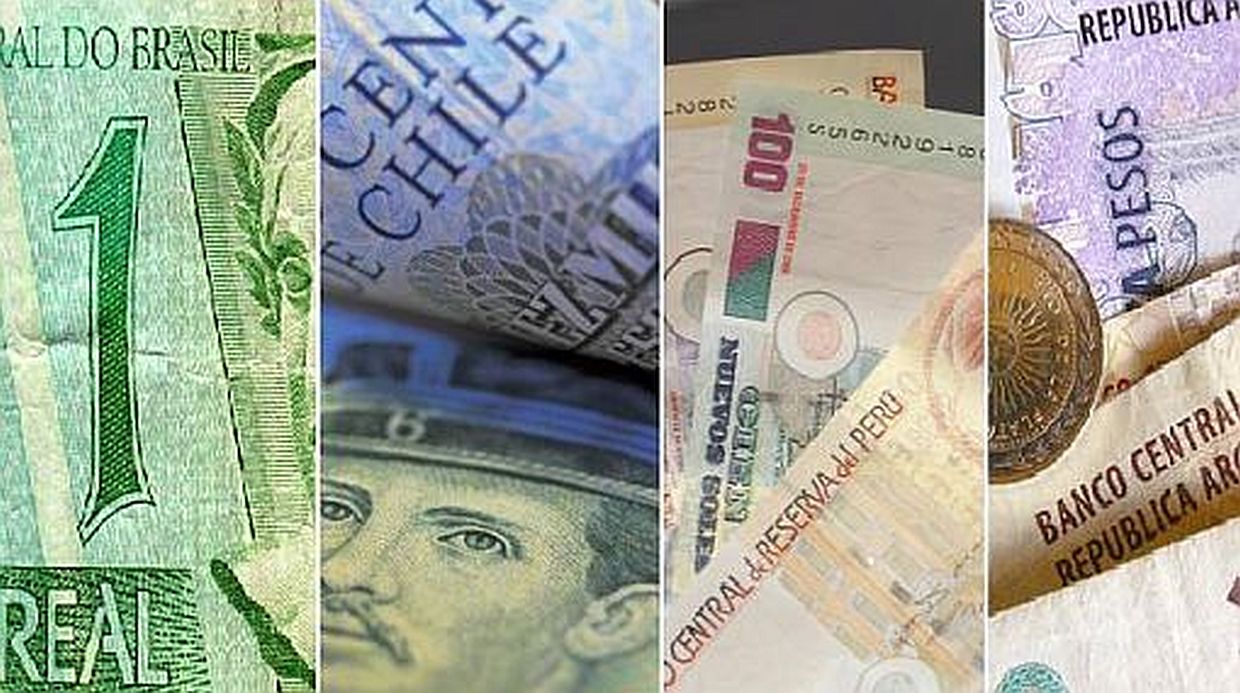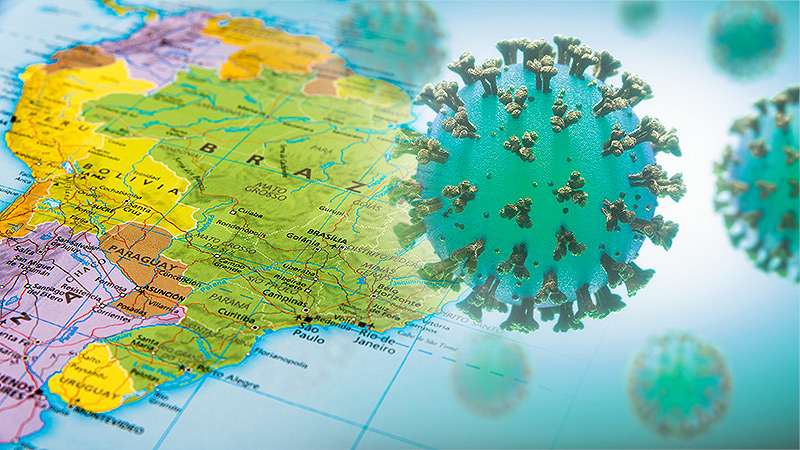RIO DE JANEIRO, BRAZIL – The macroeconomic and financial environment in Latin American countries has rapidly deteriorated in recent weeks, at an unprecedented rate, after social isolation and non-essential trade shutdown policies began to be enforced by governments against the coronavirus pandemic.

In this scenario, the Latin American economy is expected to contract by 3.8 percent in 2020, according to Goldman Sachs’ projections. The previous estimate released a week ago, was for a 1.2 percent contraction.
The size of the downturn is greater than the 2.1 percent recorded in the year following the 2008 global financial crisis and the 2.4 percent during the 1983 debt crisis, both sudden events of severe crisis.
And this negative trend is expected to escalate significantly as the number of infections rises and containment measures are further extended. “In this scenario, a large number of bankruptcies would not only undermine the pace of recovery when the viral outbreak subsides but would also have a disruptive impact on the labor market,” says the bank.
The shock felt in Latin America will be severe and of uncertain length, Goldman says, given the lack of appropriate historical parameters for comparison: “This reflects the fact that the reaction to the coronavirus pandemic ultimately represents a physical constraint on economic activity (as opposed to a financial constraint) among highly integrated and specialized economies that have no precedent in post-war history”.
The situation is exacerbated by the external scenario, with the world’s largest economies also struggling with the effects of the pandemic and social isolation that should lead the world into a deep recession. The Goldman Sachs team expects global GDP to contract by about one percent.

Each one does as it can, even Brazil
“Success is how high you bounce when you hit bottom,” said US Army General George S. Patton during World War II, a statement outlined in a report by the institution on Friday, March 27th.
The bank stresses that all the countries in the region have been offering economic incentives, even those with limited capacity, such as Brazil and Argentina.
The report notes that despite its tight fiscal framework, Brazil has so far announced economic support measures worth over three percent of GDP. These include targeted and subsidized credit lines from public banks, tax incentives, and income transfers to families and companies, deferral of debt payments for companies, and additional allocations to health and to states and municipalities.
However, it makes an observation: “We are hoping that Congress will increase the magnitude and scope of the fiscal support measures proposed by the government,” it says.
“The primary short-term goal is not fiscal doctrine, but rather to prevent the collapse and deep freeze of economic activity. After all, a sudden and deep contraction of activity may hinder well-managed, financially sound and efficient businesses,” says the text signed by Alberto Ramos, an economist at Goldman Sachs.
Source: Exame

